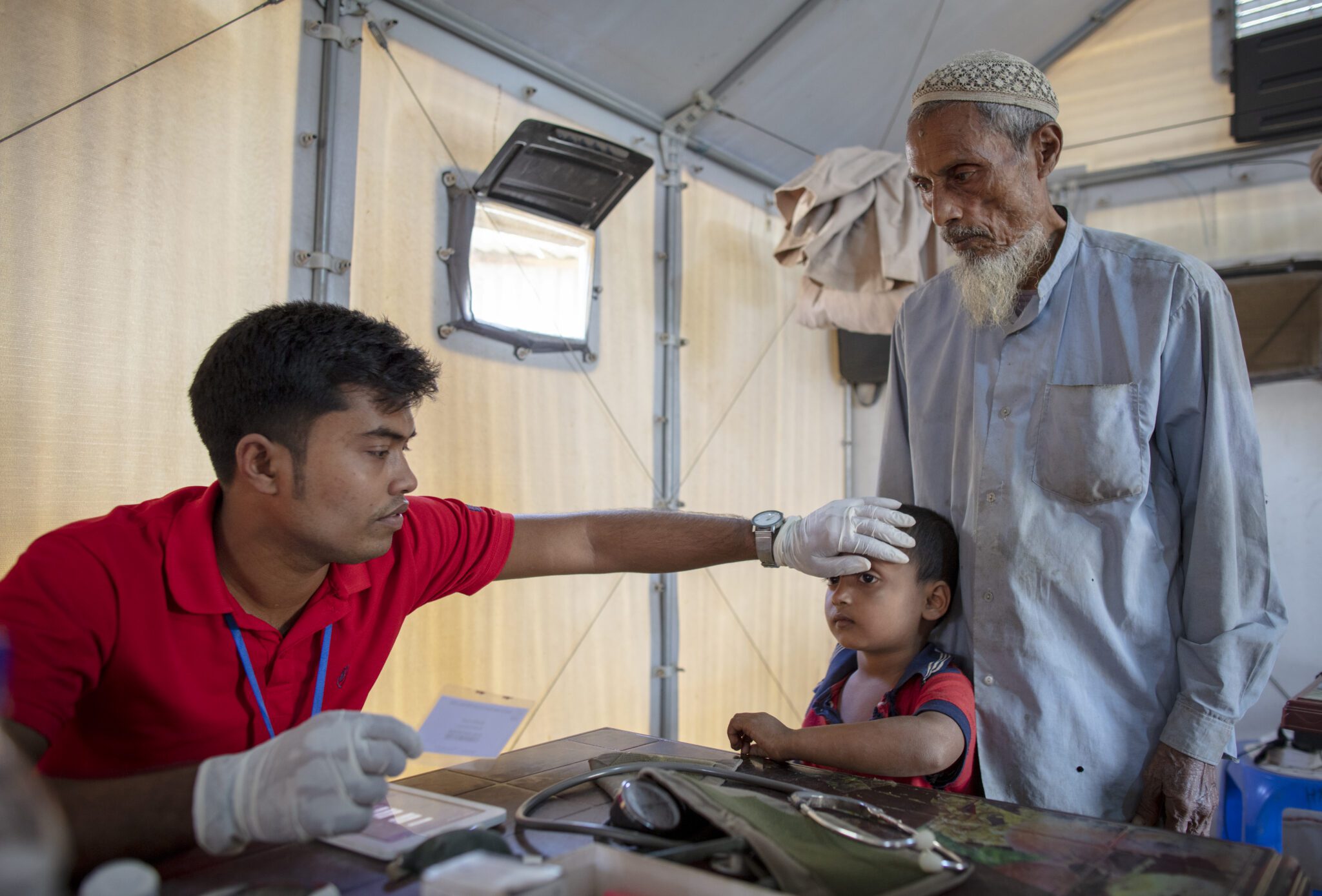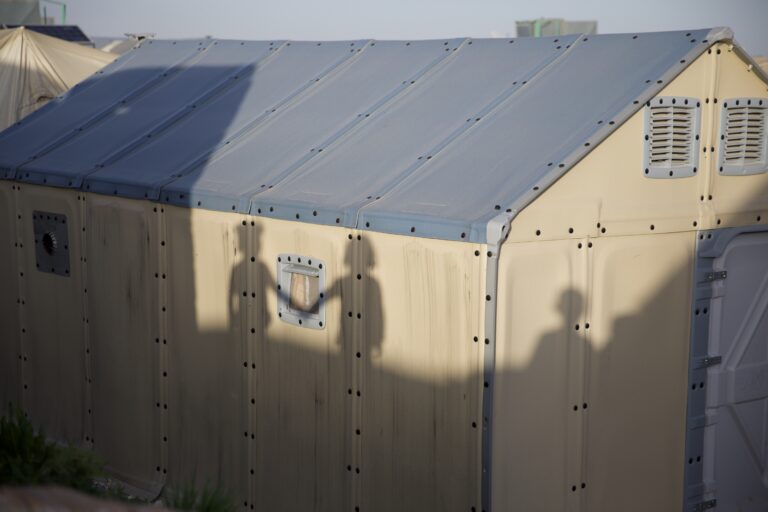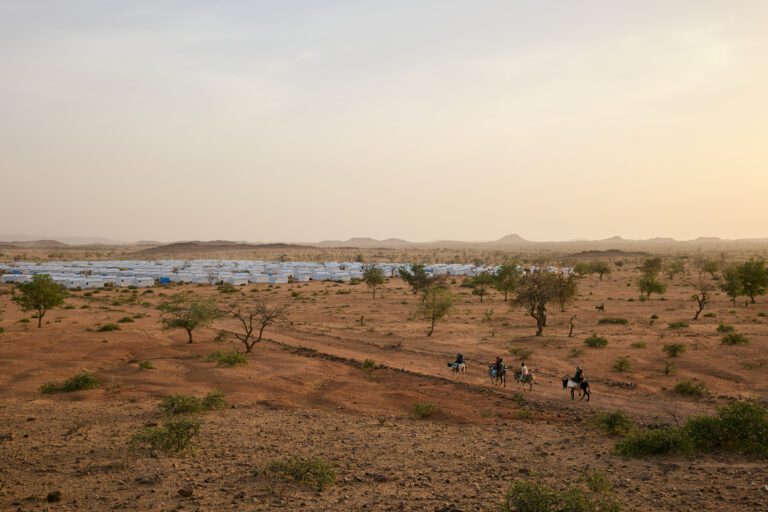A series of violent crackdowns on the Muslim minority group Rohingya in the Rakhine state in Myanmar in 2017 led hundreds of thousands to flee to neighbouring countries, of which a majority fled to Bangladesh to seek protection from death, extreme violence and oppression. As of December 2018, more than 900,000 people live in difficult conditions with little food, shelter and cooking fuel in the Cox’s Bazar area.
Many suffer from health problems including respiratory diseases, skin diseases, and diarrhoea as a result of crowded and unhygienic conditions and drinking unsafe water. In a situation like this where food and shelter take priorities, chronic health conditions known as ‘silent killers’ such as hypertension (high blood pressure), diabetes (impaired blood glucose levels), malnutrition including anaemia, high-risk pregnancy, and highly infectious chronic disease like Tuberculosis are often neglected.
Health and Education for All (HAEFA, USA), a US-based 501c3 not-for-profit organisation, which provides healthcare services in Bangladesh since 2012, runs two primary healthcare centres inside extended Better Shelter units in the Kutupalong and Balukhali refugee camps, where four full-time medical doctors and eight healthcare workers provide free-of-charge medical services six days per week. The team uses a custom-built electronic medical records system known as NIROG (meaning “no-disease”), optimised to operate in a paperless process under limited power conditions while being highly effective in capturing patient data and allowing doctors to provide patients with long-term, follow-up care.
Although HEAFA, USA’s medical teams provide primary healthcare, HAEFA, USA’s major focus areas include serious chronic ailments that are difficult to diagnose, treat and track in a refugee camp where infrastructure for healthcare delivery is minimal. HAEFA, USA is the leading organisation that provides care for chronic diseases such as hypertension, diabetes, anaemia, high-risk pregnancy, and TB. In collaboration with Brown University Global Health Initiative, HAEFA, USA is in the process of setting up “see and treat” single-visit cervical cancer screening using state-of-the-art mobileODT and Thermo coagulator.
“The Better Shelter units provide a sense of permanence. They help make the patients understand that we provide trustworthy health care.”
Toasim Ahmed Chowdhury, Medical Officer, HAEFA, USA
As part of an upgrade program of the facilities in June 2018, the temporary bamboo structures which accommodated the clinics, were replaced with Better Shelter units mounted on concrete slabs for increased stability and protection against floods and storms. Five standard units were used to form two extended structures and a storage unit.
Better Shelter developed design drawings used to obtain permissions by HAEFA, the USA from local authorities and the units were delivered to Dhaka airport nine days after the order had been submitted. HAEFA, USA arranged delivery of these units to Cox’s Bazar. Training and final installation in the refugee camps in Ukhiya, Cox’s Bazar by Better Shelter was completed in five days.
“Earlier, the clinic was situated under the sky, and I had dust allergies as a result… Now I work under a roof, and there is a fan, so the work environment is more comfortable.”
Zannat Ara, Pharmacist, HAEFA, USA




